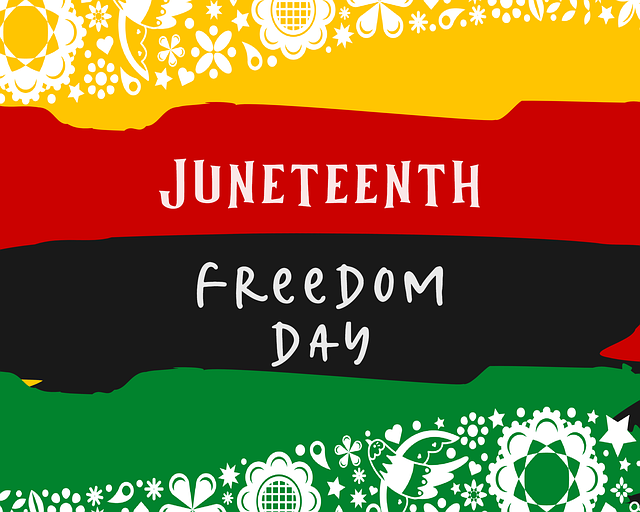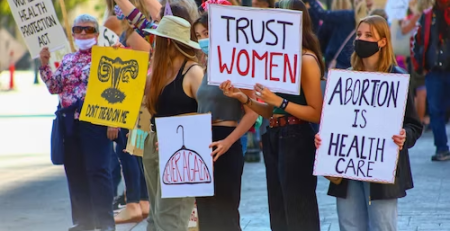It’s Juneteenth!
I’m going to start by embarrassing myself – I was many years old before I ever heard of Juneteenth. Many, many years old. I think I know why. My mom was from Massachusetts, where it would not have made sense, so it was not in her repertoire. But from the digging I have done, I worry, like MLK Day, that it will just become an opportunity to discount cars. So, until it becomes a big, commercialized holiday, let me spread some knowledge.
Texas is a weird state when it comes to the Civil War. It was a major slaveholding state, rich, lucky enough to have major ports, with few abolitionists and very far from the fighting. This led to a couple of key points. Because they were far from the fighting, their agricultural base could continue. They were still shipping cotton and still making money. As such, they could help fund the confederacy, they could provide food for confederate soldiers, and they could provide troops – 90,000 troops. And because they were far from the fighting, they could ignore the Emancipation Proclamation, even though they were included, because the Union was not there to enforce it. For example, Sherman’s famous March to the Sea in 1864, a year after the Emancipation Proclamation, was only in Georgia. While there were successful battles in Missouri, Tennessee, Mississippi and Louisiana, the Union Army and Navy had a hard time conquering Texas.
It is important to note that the Emancipation Proclamation, which freed slaves in Confederate states but NOT in Union states, could not be enforced until Union troops secured a state. The major turning point was when General Robert E. Lee signed the Confederate surrender on April 9, 1865, two years after the Emancipation Proclamation in 1963. It was not until June 19, 1865, two months later, that Major General Gordon Granger and 2000 Union troops marched to Galveston, Texas’ major port, and declared that the 250,000 slaves living in Texas were free. Since Texas was the very last state in the Confederacy to free slaves, Juneteeth is celebrated, even though New Jersey, Delaware (Union states with slaves) and Kentucky (neutral during the war) did not accept the end of slavery until the 13th Amendment went into effect in December 1865 with 27 out of 36 states ratifying it. Legally, Kentucky did not ratify the 13th Amendment until 1976.
There is a lot to be said about the energy that African-Americans poured into their freedom. Foremost in the minds of many was reuniting families that had been ripped apart by slave sales. Next was education – learning to read and write – which had been denied to them. And then, the mastery of politics when, 5 years later, we won the right to vote, and immediately sent representatives to Congress and the Senate.
So, why make Juneteenth a federal holiday? Two words. George Floyd. The federal government was looking for a way to do something positive without doing anything meaningful. Our nation was and is divided when it comes to race. Our nation today is trying to erase black history, with proclamations that Critical Race Theory, a subject intended for college level studies, would not be taught in schools, and DeSantis, a presidential contender, trying to end high school studies of African-American history.
So, what is the meaning of Juneteenth? Truly, it is the end of slavery in the last Confederate state. Symbolically, it is the end of slavery in America, even though it wasn’t, and today, it is a holiday that attempts to force Americans to acknowledge that slavery was real, just 150 years ago.
What would be meaningful would be reparations. True acknowledgment that African-Americans have been denied opportunities to build wealth for hundreds of years because of racist policies throughout America, which didn’t end on June 19th, 1865. If you don’t think reparations make sense, keep in mind that the Japanese received reparations after their interment during WWII and native Americans also received a pittance of reparations in 1946. If you think the US can’t afford it, think about the three $2000 checks that were issued during the COVID-19 pandemic. And if you think that African-Americans don’t deserve it, then your public education failed you. By working as slaves for 250 years, African-Americans lost out on over $4 TRILLION in wages. The systematic disenfranchisement of African-Americans for the last 150 years in terms of jobs, housing, farm ownership, veterans programs and yes, even Social Security, has meant that we have been unable to create wealth for ourselves in meaningful ways to the tune of another $5 trillion dollars. While it is true that a white person today did not enslave a black person of today, numerous white people and their ancestors have enjoyed financial opportunities that black people could not access in terms of job opportunities, land ownership and inheritances. If you think that the last 60 years of Affirmative Action (which is banned in 9 states) and the Fair Housing Act has erased systematic racial discrimination, then you have not understood the concept of compounded wealth.
So, please learn about Juneteeth and its importance to the black community. But also be aware that a new holiday is no appeasement for 400 years of racial discrimination.










